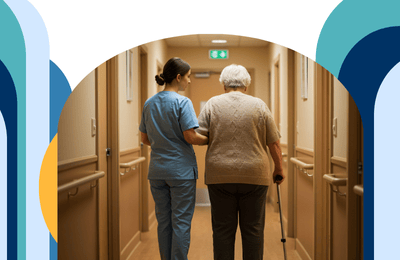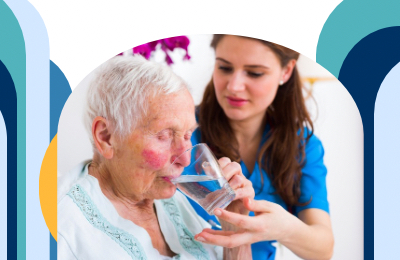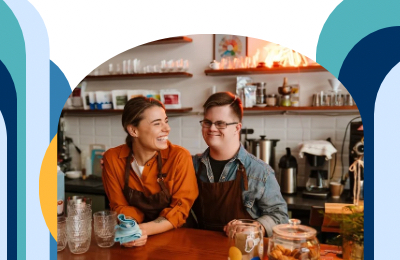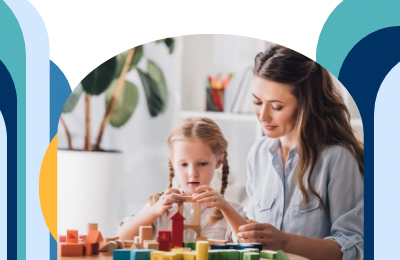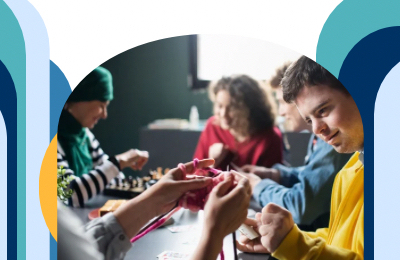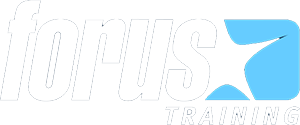Lessons from RTÉ Investigates and the Role of Training in Care Standards
The recent RTÉ Investigates documentary sent shockwaves through the country. The investigation revealed deeply distressing neglect and mistreatment in certain Irish nursing homes, with over 230 allegations of abuse across two facilities. As a result, these revelations demand urgent systemic reform. As a provider of accredited training for healthcare assistants, Forus Training stands at the fronefront of this issue. What we witnessed wasn’t just institutional failure; it was a catastrophic breakdown in training, supervision, and safeguards.
Training that Matches the Role
Healthcare assistants (HCAs) are essential members of the care team, responsible for supporting basic care needs with compassion and dignity. They do not receive training as nurses and work under the supervision of a registered nurse. Yet, as the RTÉ investigation clearly showed, employers often leave many HCAs to manage complex cases. They are often in isolation and without the required clinical oversight. This dangerous substitution of unqualified personnel in nursing roles is unacceptable.
The Hidden Threat of Forged Certification
At Forus, we’ve identified a growing and alarming trend of care facilities presenting falsified qualifications. In one recent case, certificates submitted to prove a healthcare worker’s training were discovered to be fake. While QQI does have robust systems to protect certification integrity, there is currently no fast, scalable way to verify credentials on the spot. This allows unqualified individuals to slip through the cracks, potentially putting vulnerable residents at risk.
The Portal Problem: Reporting Abuse Must Be Safe and Simple
Learners are taught how to identify and report abuse in the field of early childhood care training. Moreover, it is part of their coursework and assessment. They use designated portals and are legally obligated to take action. However, no such system exists for eldercare. Healthcare assistants often face enormous ethical burdens without a clear path to report wrongdoing.
Learning from Abroad: The Australian Standard
Australia’s care system mandates 215 minutes of care per resident per day, including at least 44 minutes from a registered nurse. Compare that to the Irish model, where inconsistent care ratios often stretch nurses far too thin.
Three Critical Reforms Needed Now
- Legislated Skill Mix Requirements: Care homes must maintain proper ratios between qualified nurses and HCAs.
- Mandated Reporting and a Safeguarding Bill: Introduce a legal requirement for reporting suspected abuse, supported by a secure, anonymous portal.
- Credential Verification Through QR Certification: Lastly, QQI certificates should be instantly verifiable via secure QR codes.
Conclusion
The RTÉ documentary may have been shocking, but it has also been galvanising. Now is the time to demand reform. This call should be directed not just at those running care homes, but also at government agencies, training providers, and society at large. At Forus Training, we are committed to being part of the solution. We ensure that every carer is qualified, supported, and empowered to provide compassionate, professional care.

